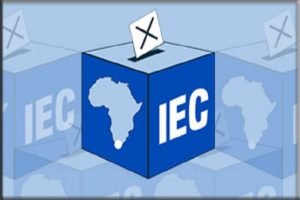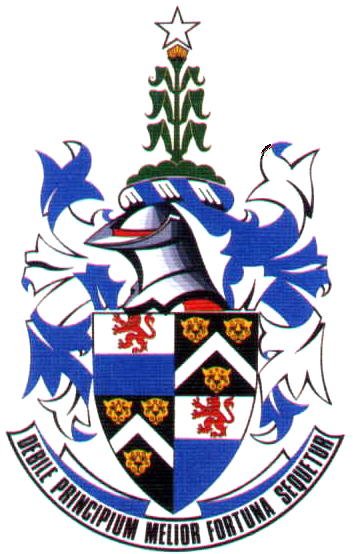An electoral commission is an institution or body in any society that is in charge of organizing periodic, free and fair elections; producing and selling the forms of candidacy; developing rules and procedures for executing the election; counting and compiling results; and ensuring that all candidates are legally capable of running for office.
An electoral commission is the life wire of the democracy of any society, and once it is compromised, the democracy of that nation is on the way to its demise. So every time you go out to vote, note that everything you see as regards the elections were carried out by your electoral commission.

In this article, we give a brief expose of the functions of the electoral commission of South Africa. The electoral commission in South Africa is known as the Independent Electoral Commission (IEC) and it is established by the Articles 190-191 of the Constitution of the Republic of South Africa.
Its independence as an autonomous body is underwritten and guaranteed by Section 3(1)&(2) of the Electoral Commission Act of 1996.
By virtue of the Electoral Commission Act 51 1996, the IEC is composed of five members, one of whom must be a judge. A member of the IEC must be a South African citizen and must not have a high party political profile.
Members of the IEC are appointed by the President on the recommendation of the National Assembly, following nominations by a National Assembly inter-party committee.
The inter-party committee exams a list of at least eight nominations submitted by a panel consisting of the President of the Constitutional Court (Chair) and representatives of the Human Rights Commission, the Commission on Gender Equality and the Public Protector.
Members of the IEC may be removed for misconduct, incapacity or incompetence by the President on a resolution of the National Assembly.
The removal must be initiated by the Electoral Court and the member must first be found wanting by a committee of the National Assembly before the Assembly itself entertains the resolution of removal as stated in Section 7(3)(a) of the Electoral Commission Act, By virtue of Section 7(1) of the Electoral Commission Act, a Commissioner is appointed for a period of seven years unless the President, on the recommendation of the National Assembly, extends the term for a particular period.
The duties of the Independent Electoral Commission as enshrined in Section 190 of the Constitution of the Republic of South Africa are;
- To manage elections of national, provincial and municipal legislative bodies.
- To ensure that those elections are free and fair.
- To declare the results of those elections.
- To compile and maintain a voters’ roll.
These duties are further expounded upon in Section 59(1) of the Electoral Commission Act of 1996, and include;
- To compile and maintain a register of parties;
- To undertake and promote research into electoral matters;
- To develop and promote the development of electoral expertise and technology in all spheres of government;
- To continuously review electoral laws and proposed electoral laws, and make recommendations;
- To promote voter education;
- To declare the results of elections for national, provincial and municipal legislative bodies within seven days; and
- To appoint appropriate public administrations in any sphere of government to conduct elections when necessary.
So these are the details and function of the singular most important body to South Africa’s democracy. Now you know!



